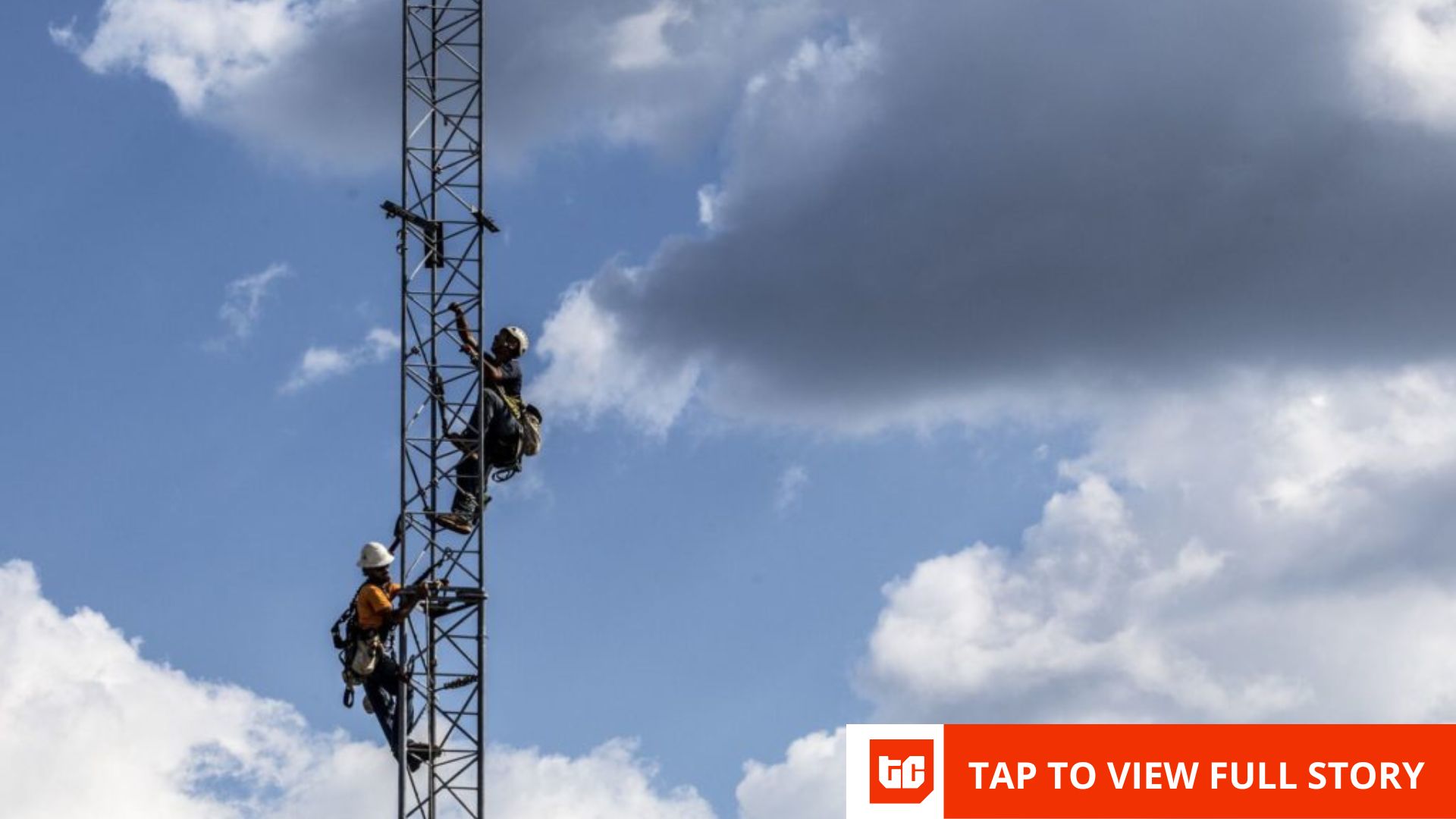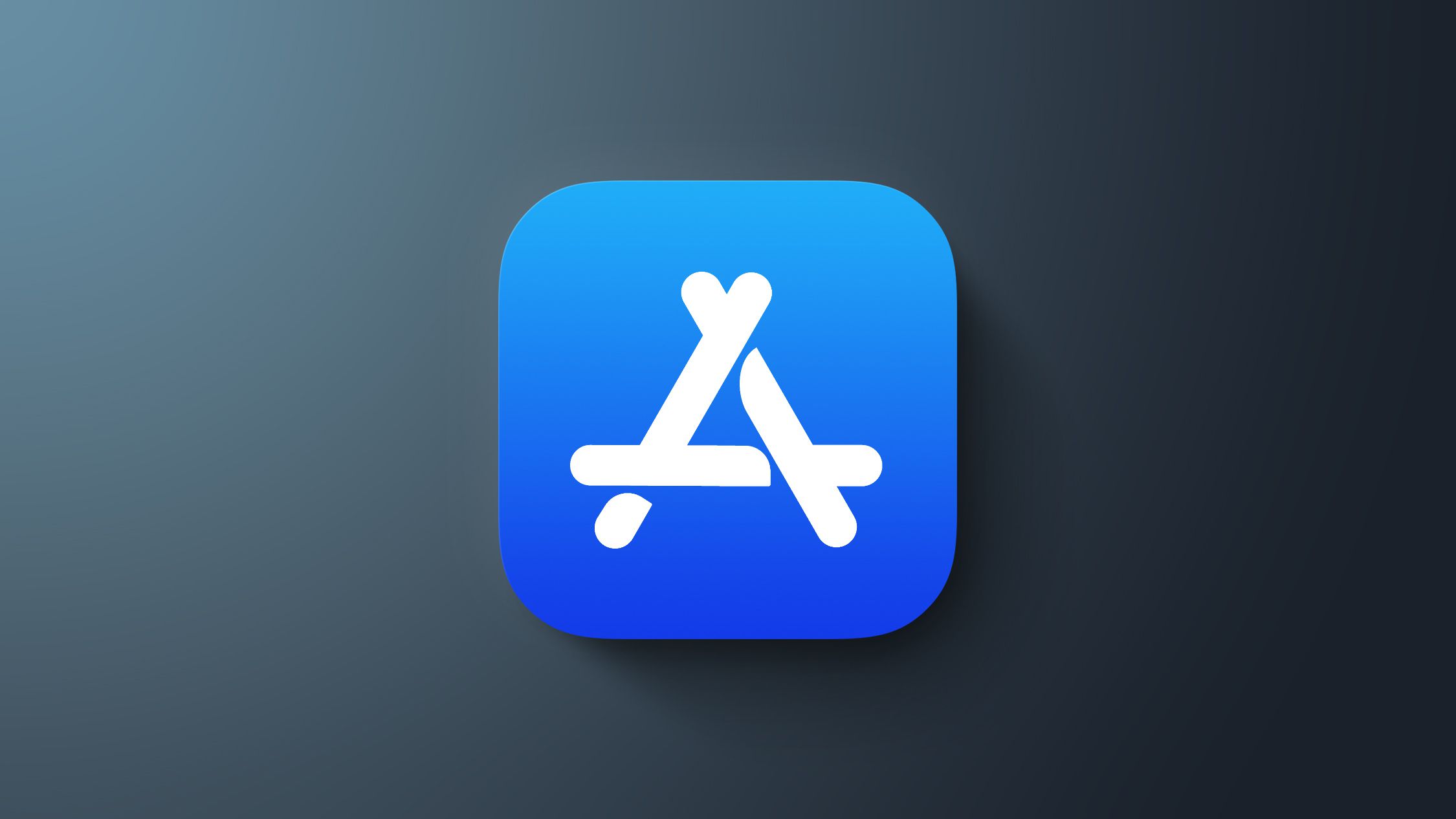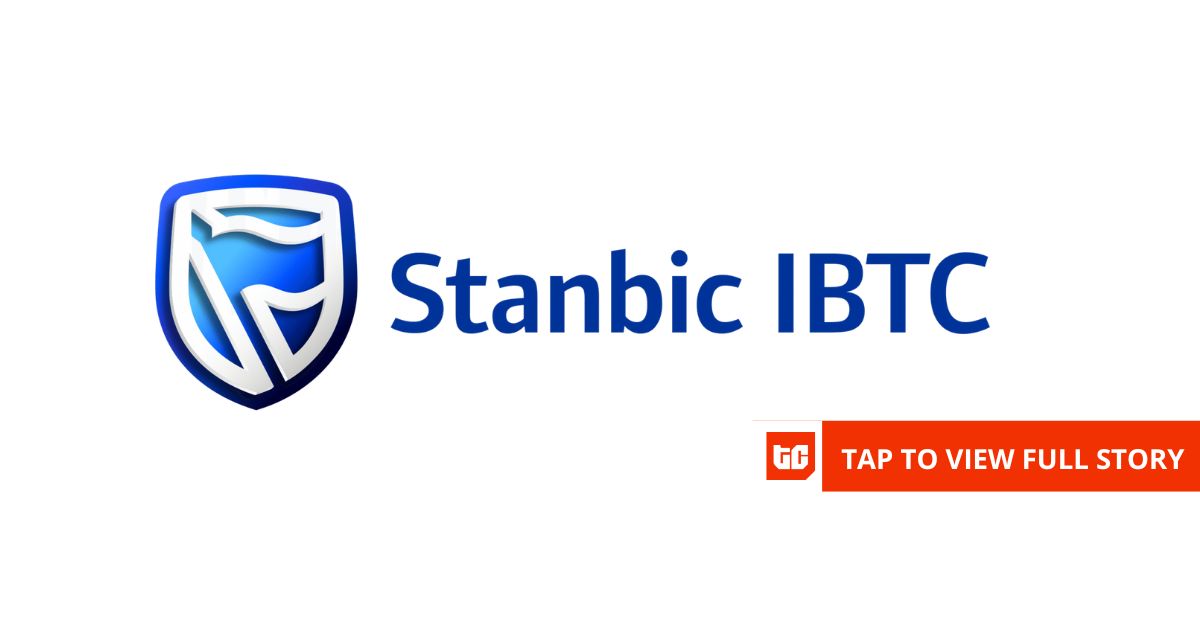
Happy mid-week. 
They say you miss 100% of the shots you don’t take. Yesterday, AI company, Perplexity, valued at $18 billion, offered $34.5 billion to buy Google Chrome. Yeah. Google Chrome. If they can shoot that shot, what’s your excuse? Go make the ask.

- IHS reports $32.3 million Q2 profits
- Airtel and Vodacom sign infrastructure-sharing deal
- Cell C gets approval to acquire CEC
- Yamify raise $100k to build appstore for AI tools
- World Wide Web 3
- Events
Telecoms
IHS reports $32.3 million Q2 net income
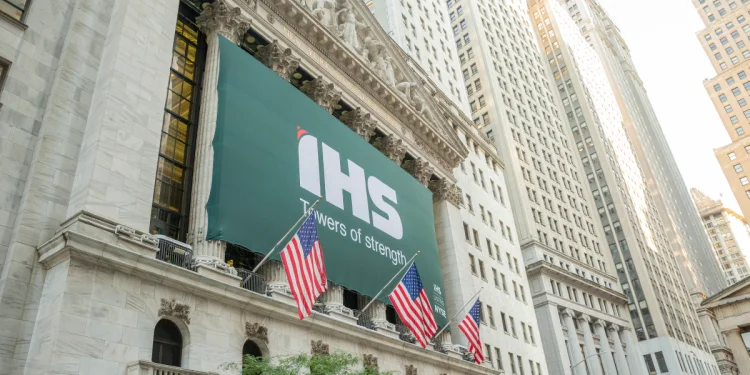
IHS Towers just pulled off a glow-up worthy of a Netflix comeback special.
The African mobile infrastructure giant swung from a gut-punch $124.3 million loss in Q2 2024 to a crisp $32.3 million profit in Q2 2025. A stable Nigerian naira, lighter finance costs, and the full punch of tariff hikes for big clients like MTN and Airtel Nigeria helped complete the company’s rebound
State of play: Revenue dipped a tiny 0.5% to $433.3 million—blame a one-time $14.5 million tweak in a South African power deal—but strip that out and the growth story looks stronger. Organic growth hit 11.1%, adjusted EBITDA landed at $248.5 million with a juicy 57.3% margin, and capex got slashed by more than half as IHS tightened the purse strings.
The turnaround isn’t just on paper. Shares popped 8% to $7.33, a far cry from last year’s $2 per share. IHS also agreed to offload its Rwanda operations for $274.5 million, knocked $154 million off its debt pile, and upgraded its full-year guidance on revenue, EBITDA, and cash flow. CEO Sam Darwish is already teasing possible shareholder buybacks or dividends once debt targets are nailed.
Zoom out: With 5G rollouts gathering steam and Nigeria’s currency behaving for once, IHS isn’t just back in the black—it’s strutting. After a year of portfolio pruning and operational discipline, the towers are tall, the balance sheet’s lighter, and the growth runway looks wide open.
eCommerce Without Borders: Get Paid Faster Worldwide
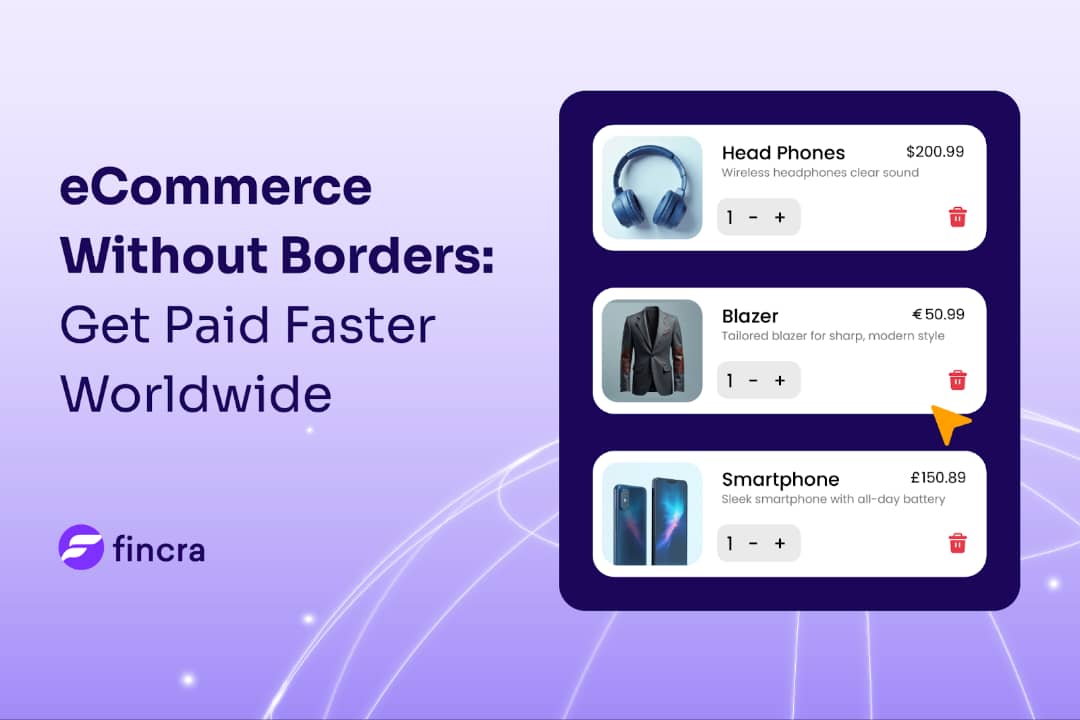
Whether you sell in Lagos or Nairobi, customers want local ways to pay. Let shoppers check out in their local currency, using cards, bank transfers, or mobile money. Set up seamless payments for your global online store with Fincra today.
Telecoms
Airtel and Vodacom sign infrastructure-sharing deal in three African countries
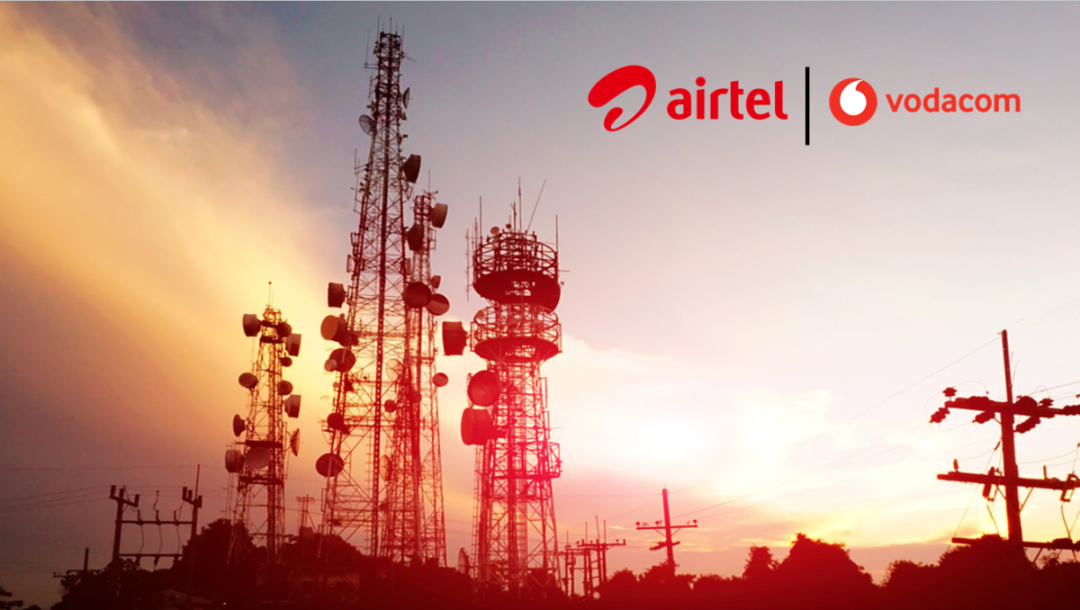
In the African telecom sector, rivals are learning that sometimes it’s cheaper to build bridges than walls.
Case in point: Airtel Africa and Vodacom, two of the continent’s largest telecom players, are teaming up to share fiber and cell tower infrastructure in Mozambique, Tanzania, and the Democratic Republic of Congo (DRC), three of the least-connected markets on the continent.
Internet penetration is roughly 20% in Mozambique, 32% in Tanzania and 27% in the DRC, leaving huge gaps in coverage and plenty of room for cooperation.
State of play: The agreement, awaiting regulatory approval, will allow both companies to extend service faster and at lower cost, especially in remote areas where solo builds make little financial sense.
Catch up: The deal follows a similar Airtel pact with MTN in March, where both telecom operators agreed to share network infrastructure in Uganda and Nigeria. This could be the clearest indicator yet that Airtel is leaning toward a leaner way to build and co-manage telecom infrastructure, while shielding its balance sheet from the full weight of high-cost network expansion in difficult markets.
Is Airtel space-borne? Add Airtel’s Starlink partnership to bring satellite internet to the continent, and a pattern starts to show. The pan-African operator, active in 14 countries, may be easing away from costly, on-the-ground telecom infrastructure in favour of satellite internet. With that shift in play, teaming up with other operators to share network costs looks like a logical next step.
Between the lines: Sharing networks with competitors risks investment, redundancy, and regulatory issues. But in costly, underserved markets, wider coverage, lower costs, and faster upgrades outweigh downsides if regulators monitor closely.
Zoom out: Mobile subscribers are the winners in these deals. With shared (cheaper) operating costs, these telecoms could build telecom rails faster in rural areas, connecting millions of customers to the digital economy.
Paga Engine powers the boldest ideas in Africa

You’ve got customers, but do you have the right infrastructure in place? Don’t let outdated systems hold you back. Paga Engine is the fintech backbone built for businesses like yours. Read the full article.
Telecoms
South Africa’s Cell C gets approval to acquire CEC
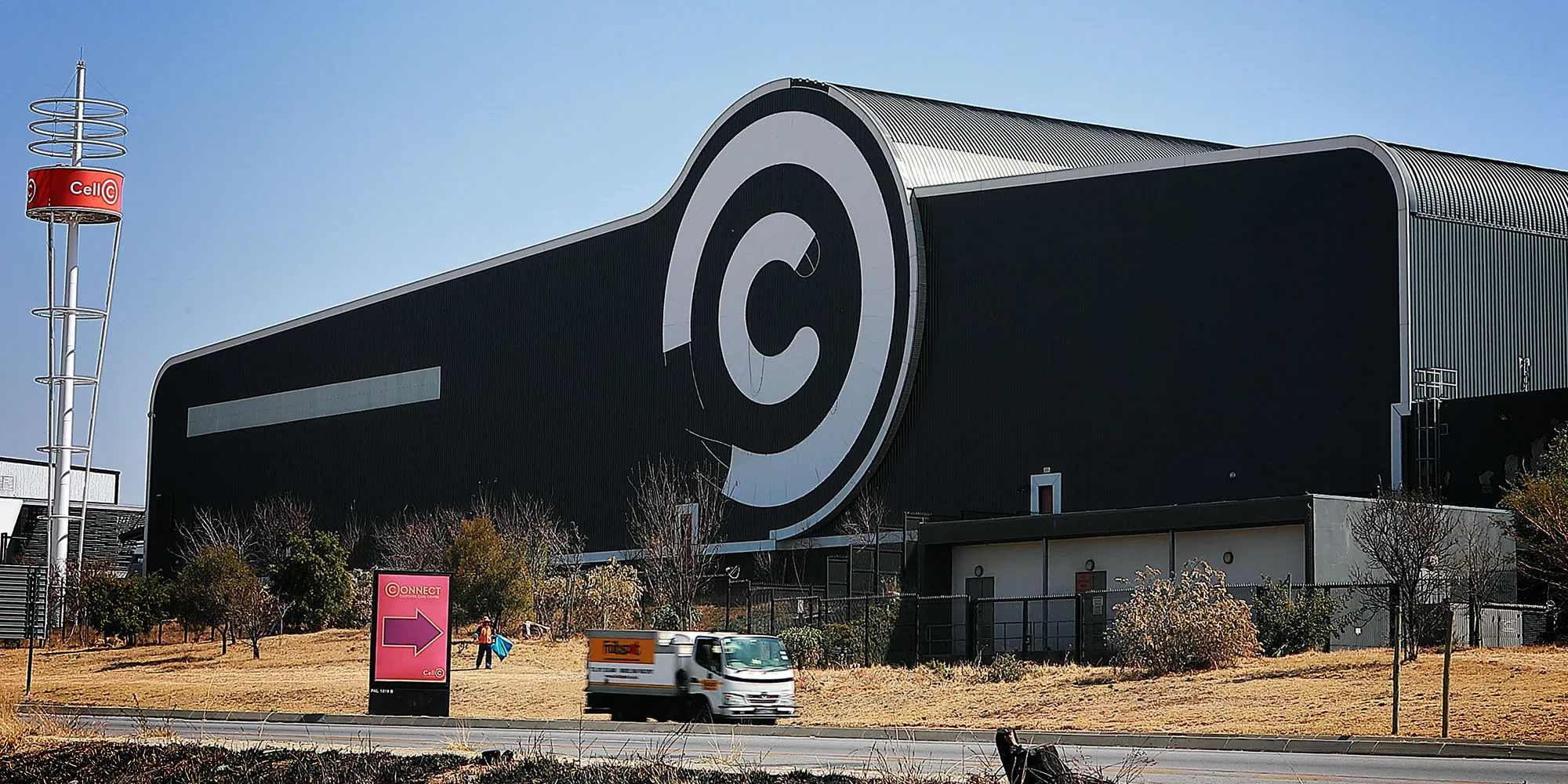
South Africa’s Competition Commission (CompCom) has cleared telecom company Cell C to acquire Comm Equipment Company (CEC) from its largest shareholder, Blue Label Telecoms
The deal folds CEC’s postpaid operations—billing, supply chain, marketing, and collections—directly into Cell C, ending the need to run them through a Blue Label subsidiary.
Here’s why it matters: It’s a small transaction in structure, but it’s central to Blue Label’s slow-burn plan to stabilise and eventually list Cell C on the Johannesburg Stock Exchange (JSE). Blue Label already owns nearly half of Cell C and is trying to take a small extra stake to gain control. By integrating CEC, Cell C gains full control of its postpaid customer base and a clearer operational profile ahead of an IPO.
Catch up: Cell C has spent years struggling under heavy debt and shrinking market share. The restructuring deal will see Blue Label turn its debt claims into shares. It will also merge the various special purpose vehicles (SPVs) that hold Cell C shares. These steps aim to simplify its capital structure and boost investor confidence. The CompCom even called the transaction a “lifeline,” a notably different tone from the tougher scrutiny it applied to other telecom mergers (read: Vodacom and Maziv saga).
The big picture: Beyond survival, the deal helps shore up Cell C’s position as South Africa’s leading platform for mobile virtual network operators (MVNOs), powering brands like Capitec Connect, Shoprite K’Nect, and FNB Connect. That MVNO niche has been one of Cell C’s few growth engines, driving price competition and new service models in a market dominated by Vodacom and MTN.
If the listing happens, Cell C will have to be more financially transparent—a win for investors backing its turnaround story.
The Paystack guide to handling disputes at scale
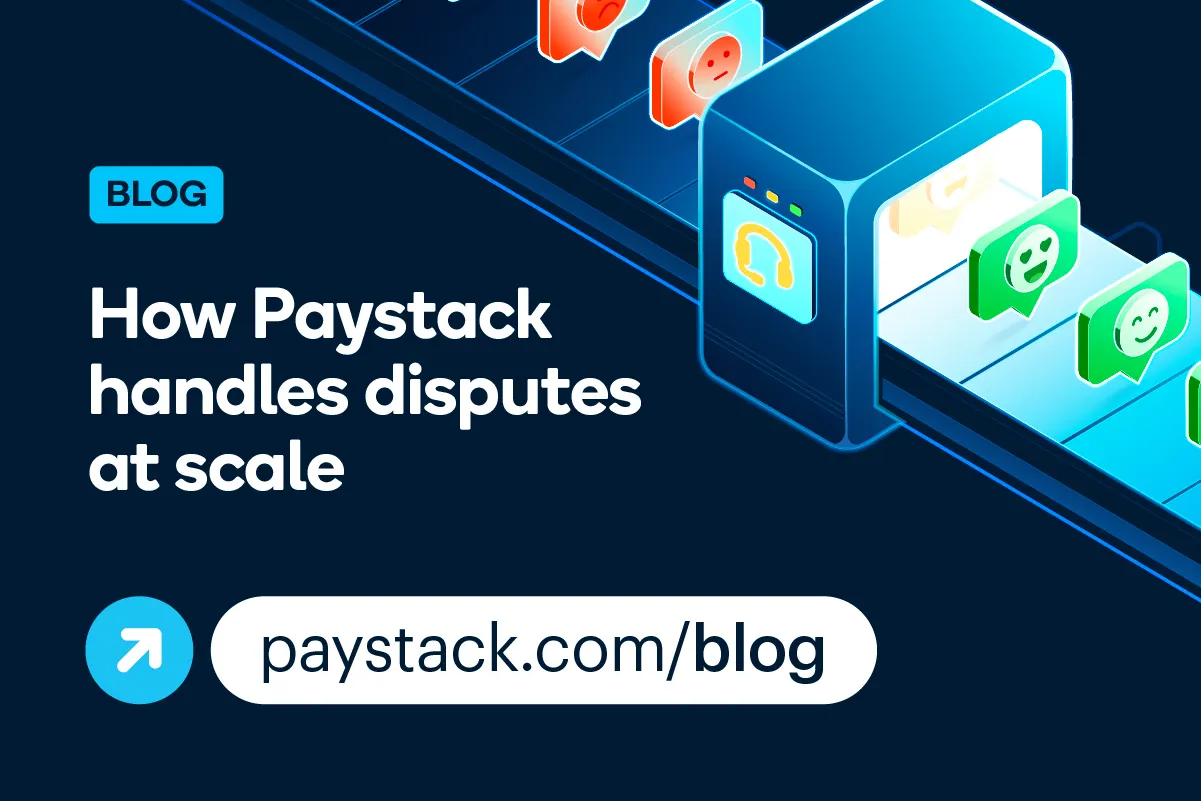
Learn how Paystack manages chargebacks and fraud claims across multiple markets. Read here →
Emerging Tech
Yamify wants to make deploying AI tools as simple as sending a chat message

Yamify, a DR Congo-based AI infrastructure startup, just banked $100,000 in pre-seed funding from Felix Anane—an early Paystack backer—with another $100,000 still on the table. The startup wants to become Africa’s “App Store for AI tools,” minus the Silicon Valley price tag.
State of play: Founded in 2024 by ex-TikTok and Salesforce engineer Luc Okalobé, Yamify lets freelancers, startups, and agencies spin up AI tools—from chatbots to video generators—in minutes. Its flagship Managed Cloud Prototypes (MCP) feature turns a chat prompt (“I want a translation bot”) into a live, hosted app, instantly. Everything runs on GPU clusters in Nigeria, Congo, and South Africa, billed in local currencies.
Here’s why it’s different: Most cloud AI platforms are built for enterprise teams in the West, charge in dollars, and assume you’ve got an in-house cloud engineer. Yamify flips that: open-source tools, community-led growth, and cost-saving tricks like auto-shutting idle workloads. “Hyperscalers don’t turn things off for you. We do,” says Okalobé.
Since its private beta launch in July 2025, Yamify has wooed over 1,500 developers and startups across Lagos, Kinshasa, Brazzaville, and Johannesburg. Clients range from indie devs to YC-backed Vaultpay.io. Paid plans start at $15/month for individuals and $500/year for agencies, with free tiers for tinkering.
Bottom line: The startup founder tells me that Yamify wants to become the go-to AI backbone for Africa’s next generation of startups. “If developers are telling others, ‘Yamify helped me launch this,’ then we’ve already won,” he says.
Launch Africa’s Next AI Startup. Start at Mest.
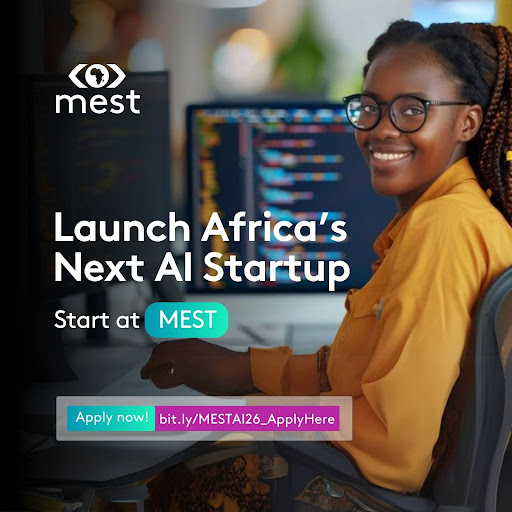
IApplications are open for MEST’s fully funded AI Startup Program.
Train with Global Experts | AI – focused | Incubation | Seed Funding Potential |
Apply by August 22 → #MESTAI2026
CRYPTO TRACKER
The World Wide Web3
Source:

|
Coin Name |
Current Value |
Day |
Month |
|---|---|---|---|
| $119,542 |
+ 0.66% |
– 2.29% |
|
| $4,664 |
+ 8.39% |
+ 53.09% |
|
| $24.32 |
+ 13.22% |
+ 49.93% |
|
| $197.88 |
+ 12.67% |
+ 18.06% |
* Data as of 06.30 AM WAT, August 13, 2025.
Events
- Bridge And Value and AlexBoyo World (ABW) are hosting a bespoke trade mission to Paris for Nigerian businesses looking to scale into France and the wider European market. From September 22–26, 2025, participants will attend the Spotlight Nigeria Business Forum (8th edition), Europe’s premier Nigeria-focused summit, and BIG 2025, Bpifrance’s flagship entrepreneurship event. The itinerary also includes high-level business meetings, networking sessions with French investors and institutions, and a guided visit to Station F, the world’s largest startup incubator. Registration is open until August 15.
- CoffeeWithBranch 2.0: Branch is Opening Its Doors to Tech Talent: We are back for round two! On August 27th in Lagos, discover the technologies powering Branch’s success in emerging markets, connect with our leaders, network with our team, and interview for open tech roles on the spot. This in-person event’s location will be shared with registered attendees. Register today.
- The Tech & AI International Expo 2025 will take place in Zanzibar on August 22–23, bringing together over 1,000 leaders from 30+ countries. Headlining the event is Ambassador Marie-Antoinette Rose Quatre, CEO of the African Peer Review Mechanism, who will launch Africa’s first Continental e-Governance Platform. The Expo will also unveil a $50 million fund for AI, fintech, green energy, and smart infrastructure startups, alongside panels exploring digital sovereignty, policy innovation, and the future of African tech. Register here to attend.
- This November, Lagos will host Africa’s first-ever large-scale celebration of customer loyalty—the Bvndle Rewards Festival. Happening November 14–15, 2025, the two-day event by Bvndle Loyalty Limited will welcome 5,000+ attendees and 70+ speakers for immersive brand activations, live performances, thought leadership, and customer appreciation awards—all aimed at redefining loyalty beyond transactions. Join the waitlist.
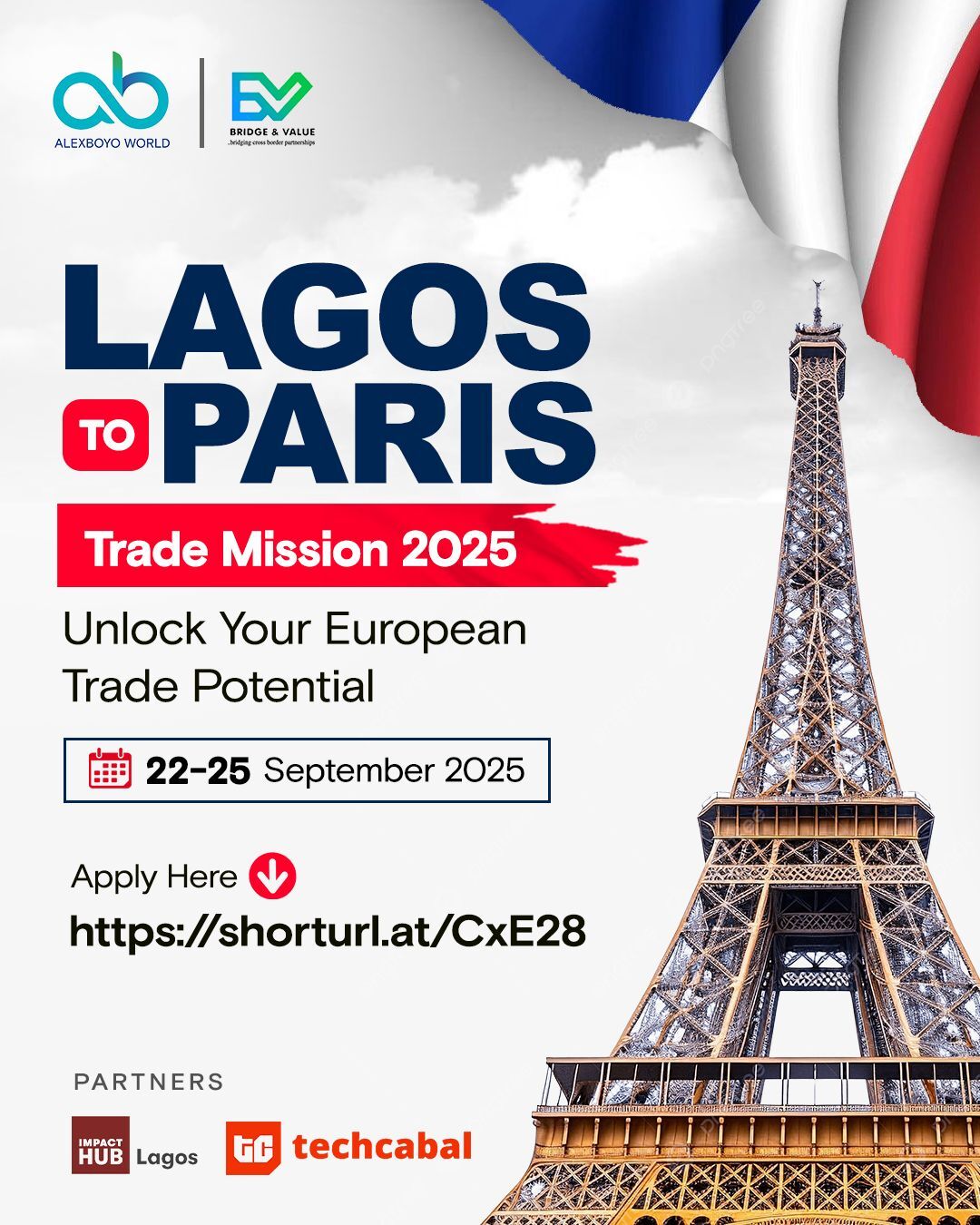

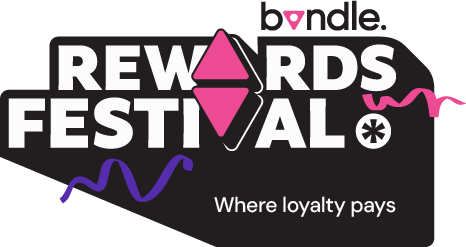

Written by: Emmanuel Nwosu and Ifeoluwa Aigbiniode
Edited by: Faith Omoniyi
Want more of ?
Sign up for our insightful newsletters on the business and economy of tech in Africa.
- The Next Wave: futuristic analysis of the business of tech in Africa.
- TC Scoops: breaking news from
- TNW: Francophone Africa: insider insights and analysis of Francophone’s tech ecosystem
P:S If you’re often missing TC Daily in your inbox, check your Promotions folder and move any edition of TC Daily from “Promotions” to your “Main” or “Primary” folder and TC Daily will always come to you.


